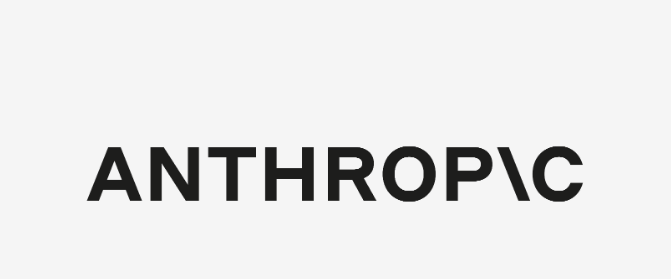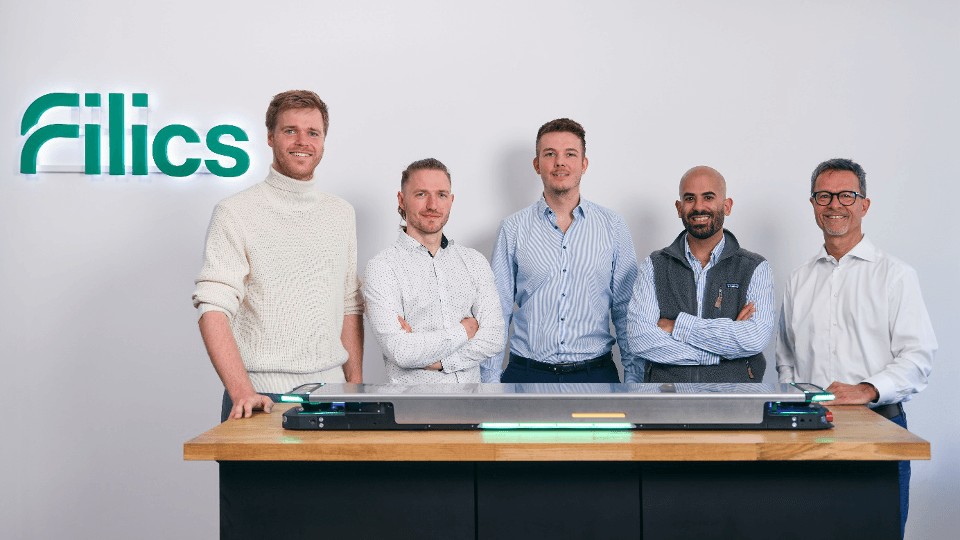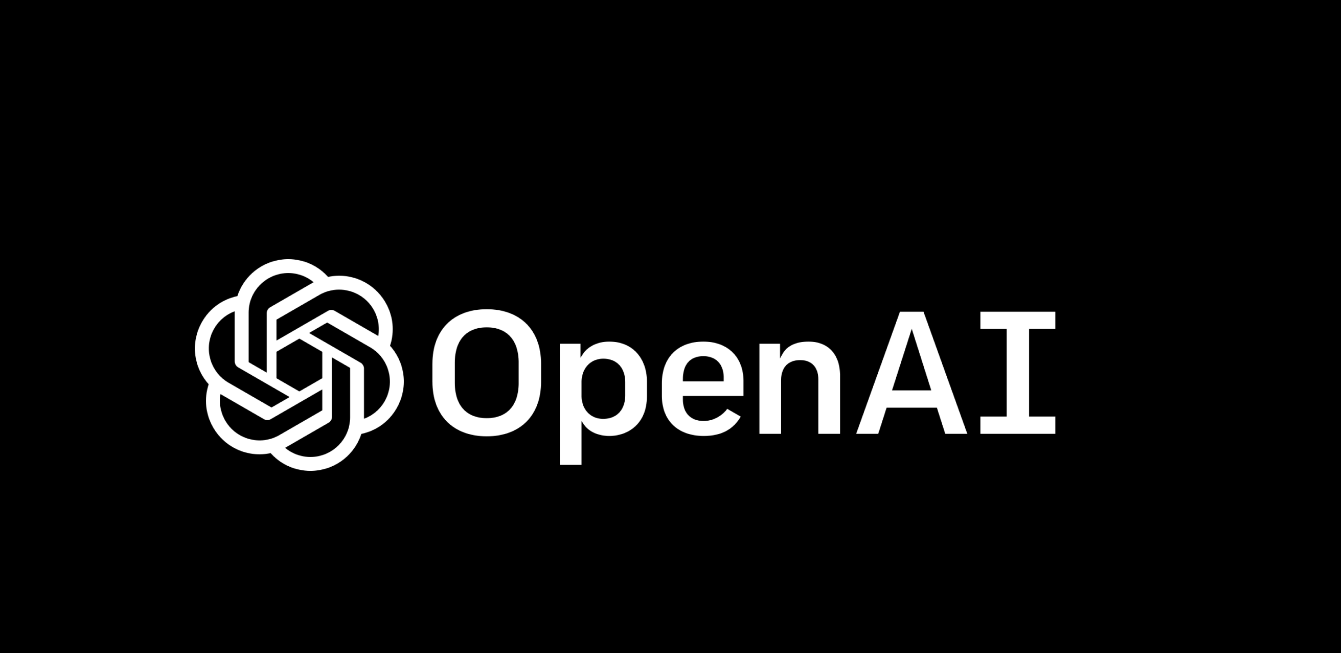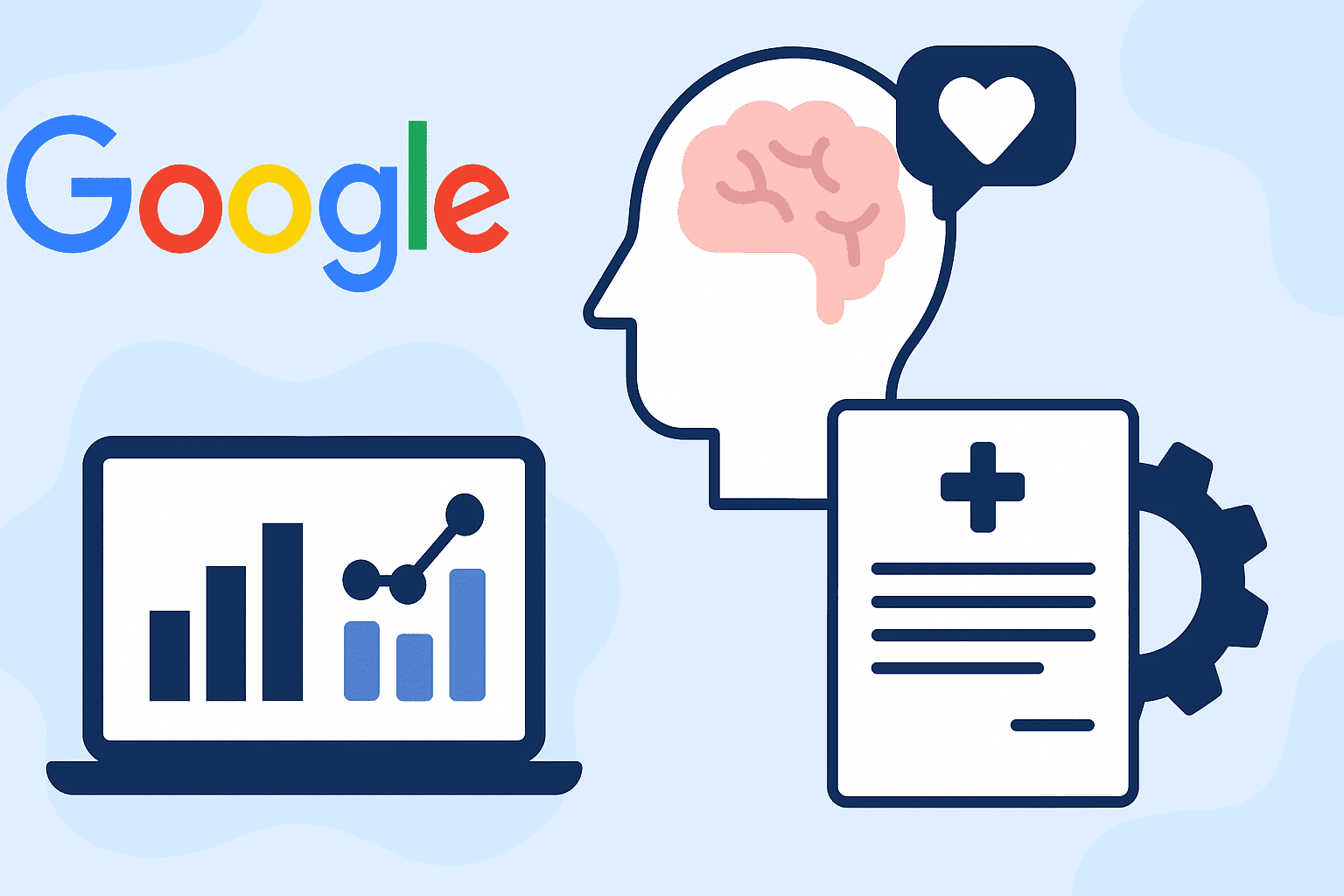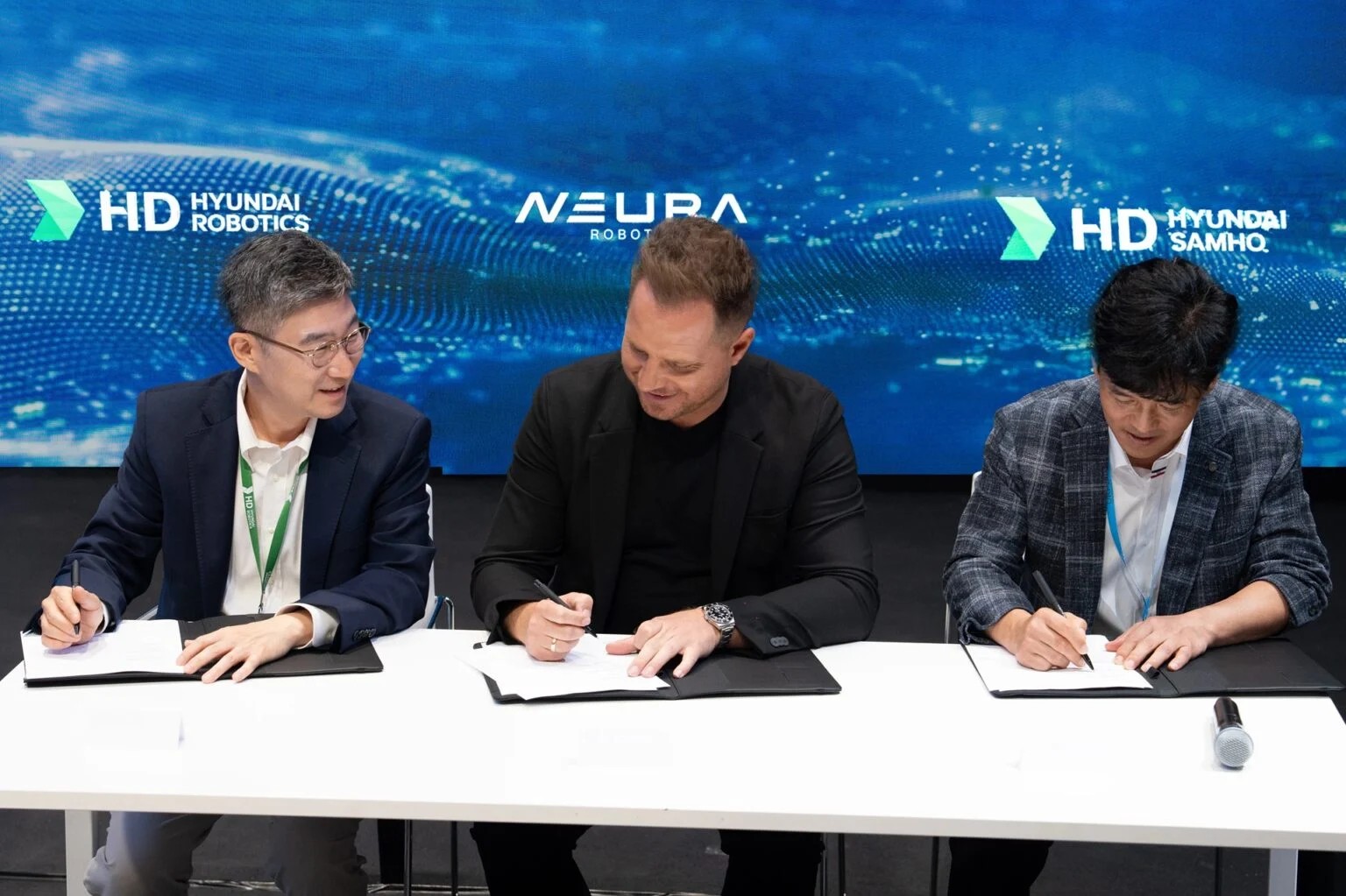In a recent interview on CNBC’s “Squawk Box”, Dario Amodei, co-founder and CEO of Anthropic, discussed the company’s powerful AI model Claude 3 and shared insights into the latest developments in AI technology.
When asked how Anthropic differentiates itself, Amodei explained: “What’s different is what you do after. When you train the model how to be conversational, how to talk to humans, what area it’s good at. We had a team called the Claude character, which was focused on the personality of Claude as a model. That team focused on how to make the model warmer, more human, more engaging.”
He also called attention to Anthropic’s emphasis on safety and reliability.
“We put a lot of effort into making sure that on one hand, the model doesn’t do genuinely bad things, doesn’t give false information, but that it does that while not refusing, you know, harmless queries,” he said.
On the topic of AI rapidly advancing, Amodei offered a nuanced perspective: “I don’t think about AGI, but I think what is real, the models are getting better and better at more tasks that more and more humans do.” He added, “I think what is correct about that is the models are going to get smarter and smarter, and will reach a point, probably relatively soon, where the models can do many tasks better than humans can. But there will always be strengths and weaknesses.”
Regarding Anthropic’s partnerships with tech giants like Google and Amazon, who are also developing their own AI models, Amodei made it clear.
“We’re an independent actor, neither of these companies have board seats at Anthropic,” he said. “We offer our models on our own first party.”
The interview also touched on the need for regulation in the rapidly evolving AI landscape.
“The longer you wait, the more it’s going to be regulated,” Amodei warned.
While Amodei expressed confidence in AI’s continued progress, he tempered expectations around a singular “artificial general intelligence” breakthrough. Instead, he envisions AI models excelling at more and more specialized tasks in the coming years, eventually outperforming humans in many areas while still having limitations.
However, this disruption to the job market could take years to fully materialize, akin to how mobile phones and the internet required time to become ubiquitous. As for the energy and data demands fueling AI’s growth, Amodei sees solutions emerging, with people voluntarily providing data for the sake of greater understanding, while the energy bottleneck necessitates further research and investment.
Ultimately, Amodei suggests the road to advanced AI capabilities will be complex, with models becoming exceptionally proficient yet narrow, while the notion of replicating the breadth of human intelligence through large language models alone seems unrealistic. Regulation will likely increase as the stakes rise, but the quest to augment and enhance human intellect through artificial means shows no signs of slowing.
